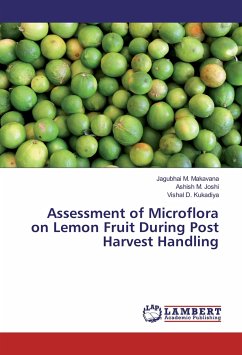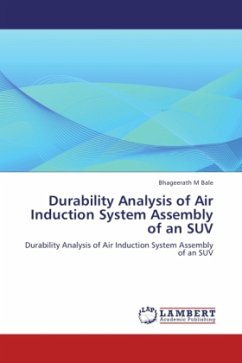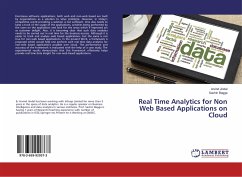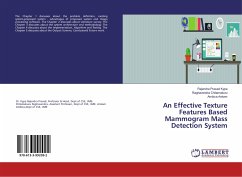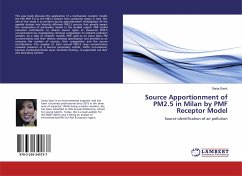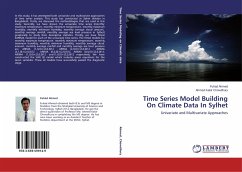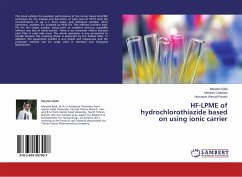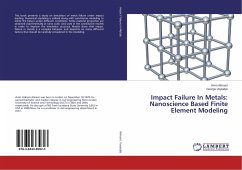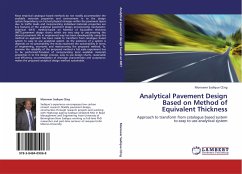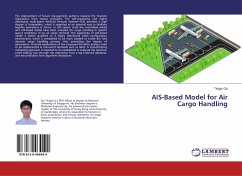
AIS-Based Model for Air Cargo Handling
Versandkostenfrei!
Versandfertig in 6-10 Tagen
36,99 €
inkl. MwSt.

PAYBACK Punkte
18 °P sammeln!
The improvement of future management patterns requires the heuristic inspirations from nature principles. The self-organizing and highly distributed multi-agent Artificial Immune Systems (AIS) provides a high degree of automation, which is regarded as an essential way to facilitate logistics operations in future. In this report, both the centralized model and AIS-based model have been analyzed for cargo handling in specific layout conditions of an air cargo terminal. The superiority of AIS-based model is better qualified to a highly distributed AGVs configuration environment, which is consider...
The improvement of future management patterns requires the heuristic inspirations from nature principles. The self-organizing and highly distributed multi-agent Artificial Immune Systems (AIS) provides a high degree of automation, which is regarded as an essential way to facilitate logistics operations in future. In this report, both the centralized model and AIS-based model have been analyzed for cargo handling in specific layout conditions of an air cargo terminal. The superiority of AIS-based model is better qualified to a highly distributed AGVs configuration environment, which is considered to be more suitable to tackle the fully dynamic cargo handling process, thus promoting the degree of automation. Practical applications of the proposed AIS-AGVs pattern need to be implemented in real-world terminals such as Hactl. A cost-efficiency estimating approach is expected to be established to evaluate the optimum profit-making way through the experience from a big historical database, and the prediction from algorithm simulations.



